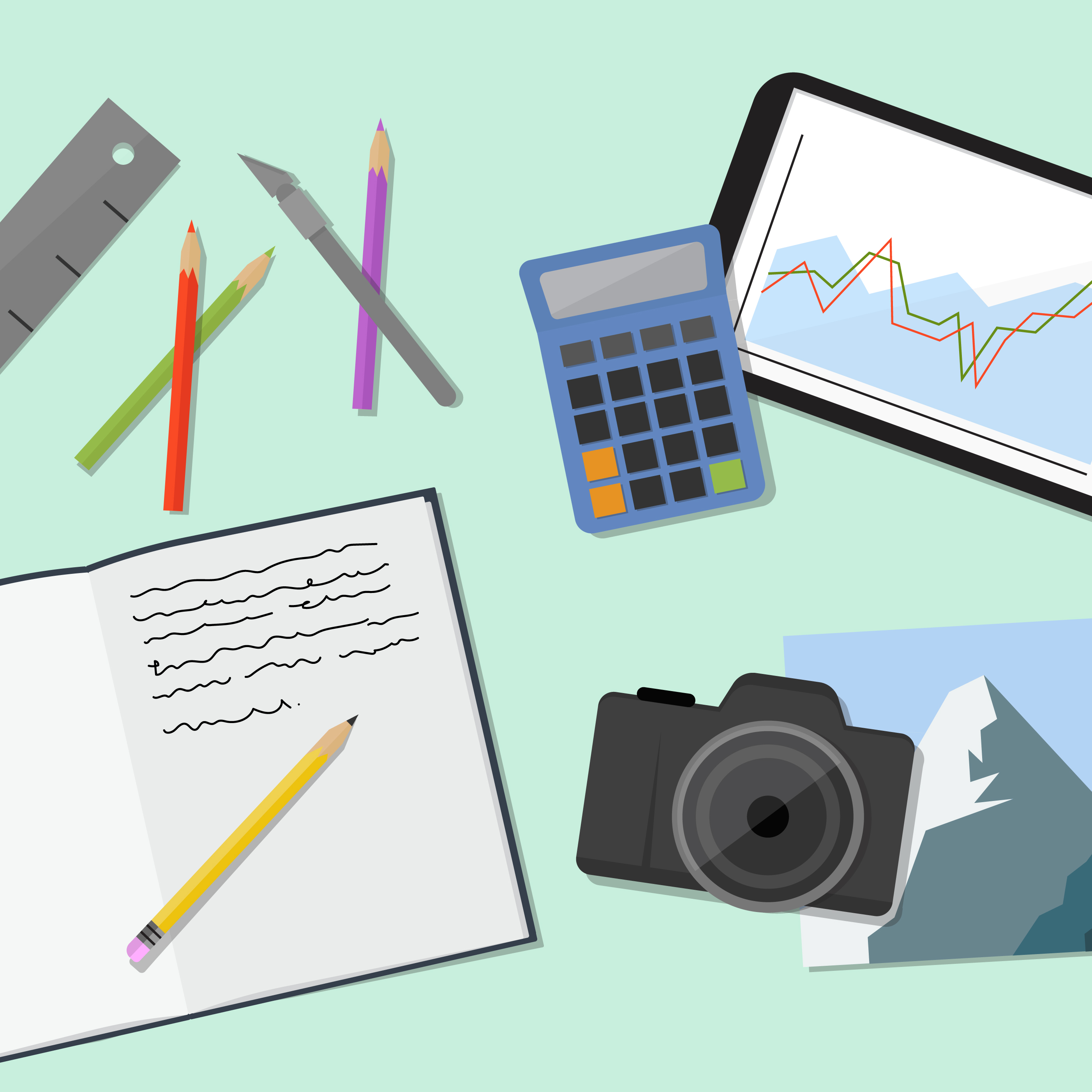how to be – and stay – creative
 reativity, by definition, is the use of one’s imagination or ideas to construct something new. Creativity manifests itself in many forms: being artistically talented, solving problems, making and building, searching for inspiration and thinking differently. Whether we know it (or believe it) every one of us has the potential to be creative, regardless of our role in an organization, community or culture.
reativity, by definition, is the use of one’s imagination or ideas to construct something new. Creativity manifests itself in many forms: being artistically talented, solving problems, making and building, searching for inspiration and thinking differently. Whether we know it (or believe it) every one of us has the potential to be creative, regardless of our role in an organization, community or culture.
Neuroscientist and filmmaker David Eagleman explains the meaning of creativity well in his latest documentary The Creative Brain: “Creativity doesn’t mean inventing something out of nothing. Instead, it’s about refashioning what already exists.” Many experts believe that creativity stems from existing ideas and concepts; it’s simply a matter of shaping and combining these ideas and concepts to devise something fresh and new.
Like the muscles in our bodies, our minds can be strengthened and actually trained to be more creative. Just like the many other skills we’ve obtained throughout our lives, creativity takes practice and patience.
If you’re struggling with creativity, or would simply like to be more creative, here are a few things you might try:
LEARN
No matter how seasoned we are, we should always be trying to learn. Acquiring new skills and improving the ones we have contribute to mental and physical wellness. As knacks develop and expand, creativity flourishes.
-
- Attend virtual conferences and events to connect with both diverse and likeminded people.
- Investigate a subject you want to learn more about.
- Enroll in an online course to expand your knowledge on a topic or learn something entirely new.
- Pick up a new hobby; dust off an old one.
ENTERTAIN
Human nature compels us to seek amusement, joy and diversion. We often do this by exposing ourselves to positive-minded, creative people who encourage and move us. We find these people on the pages of books, on stages, our screens, in movie theaters and in the music and discussion we hear over the airwaves. The written, spoken and sung word is a powerful instrument that leads to confidence and insight.
-
- Dive into captivating books and podcasts.
- Listen to music – everything from timeless classics to the hottest hits.
- Attend a live stream concert of an artist you love – or one you’ve never heard before.
- Watch funny or thought-provoking movies, TV shows and videos.
MOVE
Regular exercise stimulates the brain. It’s science. The brain and body are one, so be sure to practice some TLC.
-
- Take a walk, even if it’s just around the block.
- Hike. Bike. Bask in the great outdoors.
- Try a new fitness class. (There are tons offered online!)
- Streeeeeetch!
REST
Sitting at our desks and staring at bright screens for hours on end isn’t particularly healthy, nor is it productive. Neither is working until we’re utterly exhausted. That’s why it’s important to regularly rest our eyes and minds for a few moments in order to feel re-energized and be more productive.
-
- Take breaks.
- Read a non-work-related article, book or blog post.
- Call, text, Skype or FaceTime loved ones.
- Nap.
DECORATE AND DECLUTTER
A clean space can yield a clear mind. Sometimes, almost miraculously, menial tasks and creative epiphanies go together. Completing chores on autopilot allows our brains to think freely, making room for brilliant ideas.
-
- Hang cheerful artwork around your office and home.
- Tidy up your desk, room, floors and walls. Make the chore less daunting by scheduling a weekly cleanup time.
- Rid of anything that is unflattering, outdated or distracting you from doing your best work.
PLAY
Feeling like a little kid again can boost imagination. Why? Because nostalgia stimulates inspiration. Participating in youthful, fun and challenging activities takes us down Memory Lane, but they can also help us to stay present, engaged and resourceful.
-
- Complete a crossword puzzle, Sudoku or word search.
- Doodle, sketch and draw. Color outside the lines! Get messy!
- Gather friends and family for a virtual game night.
WRITE
Physically writing things down can be therapeutic. Studies have shown that when words are manually penned (as opposed to entered on a digital device), they are retained longer.
-
- Keep a notepad or journal and a writing utensil with you at all times. Leave them at your bedside, on your desk or in your purse or backpack.
- Jot down your schedule, dreams and thoughts every morning and evening.
- Make lists. Cross off completed items and accomplished tasks.
- Document your ideas, even the “crazy” ones. You never know when they’ll come in handy.
- Need help getting started? Download our 7 tips for storytellers.
Experiment. Explore. Question. Use your imagination. Dig deep. Synthesize information.
We want to know: What are some ways you get and stay creative?




